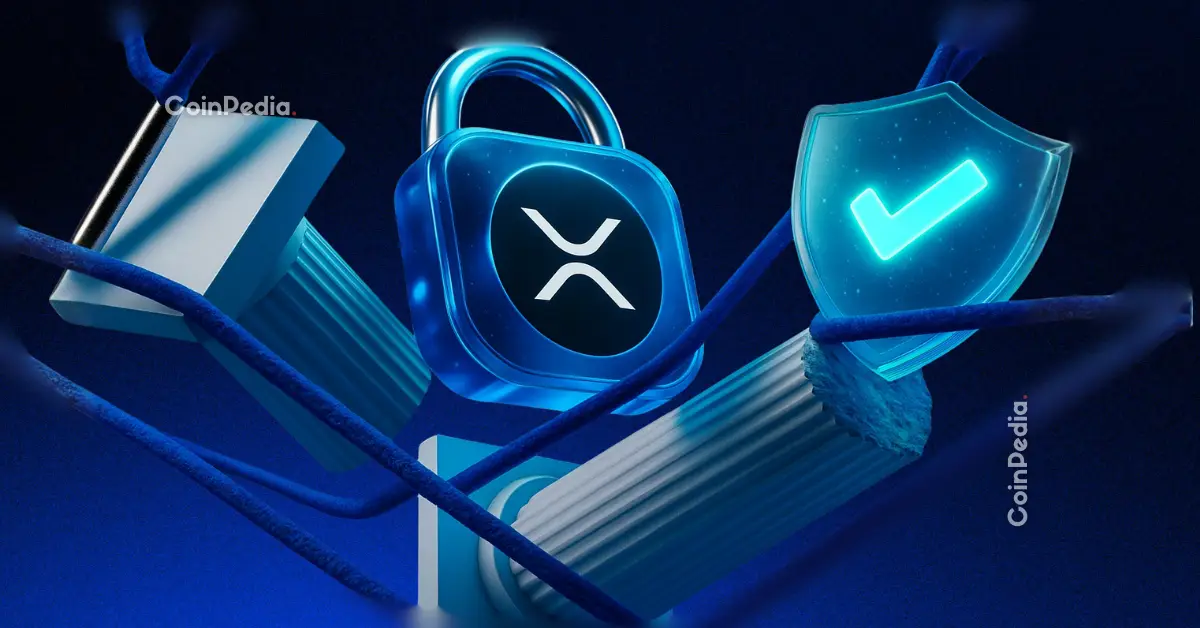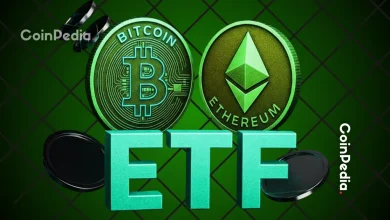
Project Crypto unveiled: SEC may shift crypto oversight to CFTC, signaling a new era of fairer, clearer U.S. regulation for digital assets like XRP.
XRP breakthrough ahead? SEC’s Project Crypto could reclassify XRP as a commodity under CFTC, ending years of regulatory uncertainty for Ripple.
Philadelphia Fed Fintech Conference, SEC Chairman Paul Atkins unveiled “Project Crypto,” a bold regulatory initiative that could transfer significant oversight power from the Securities and Exchange Commission (SEC) to the Commodity Futures Trading Commission (CFTC).
The revelation, first shared by crypto analyst Diana, has sparked widespread discussion across the digital asset community, especially among XRP supporters, who view this as a potential game-changer for Ripple and its long-standing regulatory challenges.
SEC Rethinks Its Role in Crypto Oversight
Chairman Paul Atkins acknowledged that the SEC’s jurisdiction has limits, emphasizing that not all digital assets should be classified as securities. He stated, “Once a network stands on its own, it’s no longer a security,” signaling a sharp departure from the SEC’s previous stance under the Howey Test, which has historically categorized most tokens as securities.
This re-evaluation opens the door for a balanced regulatory framework, allowing the CFTC, which currently oversees commodities like gold and oil, to take charge of cryptocurrencies that operate as decentralized networks rather than traditional investment contracts.
What It Means for XRP and Ripple
If implemented, Project Crypto could finally remove the lingering regulatory uncertainty surrounding XRP. For years, the SEC has argued that Ripple’s XRP token was sold as an unregistered security. Under this proposed framework, XRP could fall under CFTC oversight, officially classifying it as a commodity rather than a security.
Such a designation would not only provide long-awaited regulatory clarity for Ripple but also encourage institutional adoption and open new market opportunities for XRP within the broader financial ecosystem.
A Turning Point for Fairer Crypto Regulation
Atkins’s remarks highlight growing recognition within the U.S. government that applying outdated securities laws to decentralized digital assets no longer aligns with market realities. “When we stretch securities laws beyond their scope,” he said, “we stray from fairness and common sense.”
If Project Crypto becomes official policy, it could mark a historic turning point in U.S. crypto regulation, ushering in a new era of fairer, clearer, and innovation-friendly policies that better reflect the decentralized nature of modern blockchain networks.
Never Miss a Beat in the Crypto World!
Stay ahead with breaking news, expert analysis, and real-time updates on the latest trends in Bitcoin, altcoins, DeFi, NFTs, and more.
FAQs
Project Crypto is a new regulatory plan that could shift crypto oversight from the SEC to the CFTC for more balanced digital asset regulation.
If approved, XRP may be reclassified as a commodity under the CFTC, ending its long SEC dispute and bringing clearer regulatory status.
It aims to divide oversight between the SEC and CFTC, letting the CFTC manage decentralized cryptocurrencies like Bitcoin and XRP.
The plan could bring fairer rules, reduce uncertainty, and help foster innovation by aligning U.S. crypto policy with blockchain realities.
Trust with CoinPedia:
CoinPedia has been delivering accurate and timely cryptocurrency and blockchain updates since 2017. All content is created by our expert panel of analysts and journalists, following strict Editorial Guidelines based on E-E-A-T (Experience, Expertise, Authoritativeness, Trustworthiness). Every article is fact-checked against reputable sources to ensure accuracy, transparency, and reliability. Our review policy guarantees unbiased evaluations when recommending exchanges, platforms, or tools. We strive to provide timely updates about everything crypto & blockchain, right from startups to industry majors.
Investment Disclaimer:
All opinions and insights shared represent the author's own views on current market conditions. Please do your own research before making investment decisions. Neither the writer nor the publication assumes responsibility for your financial choices.
Sponsored and Advertisements:
Sponsored content and affiliate links may appear on our site. Advertisements are marked clearly, and our editorial content remains entirely independent from our ad partners.








